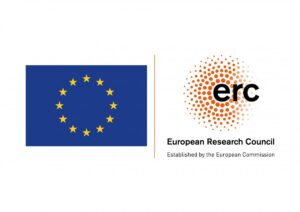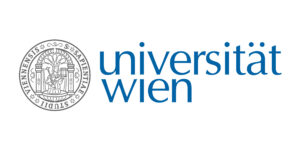Call for Papers: Vienna Yearbook of Population Research
Call for papers for the Special Issue on
“Delayed Reproduction: Patterns, Challenges and Prospects”
The VYPR is now open for submissions for the 2025 special issue on “Delayed Reproduction: Patterns, Challenges and Prospects”.
The deadline for submissions is 31 May 2025.
Find more information here.
It's a wrap - the Wittgenstein Centre Conference 2024
21 – 22 November 2024, Vienna, Austria
Delayed Reproduction: Challenges and Prospects
The conference focused on shifting trends, drivers and consequences of delayed reproduction, paying special attention to biological constraints as well as to the impact of assisted reproduction technologies and their potential role in shaping future fertility trends.
Find more information here.
Biological, Individual and Contextual Factors of Fertility Recovery
The age at which people have their children has increased tremendously over the last decades in low fertility countries (total fertility rate < 2 children per woman). While reasons for delaying a birth have been explored extensively, little attention has been given to the factors that facilitate and constrain fertility at later ages (from age 30).
BIC.LATE fills this gap by studying the Biological, Individual and Contextual factors of later reproduction in the low-fertility countries, and possible catch-up behaviours of those who did not have a child earlier. The project uses data from social surveys (cross-sectional, panels), aggregate cohort fertility data in Europe, the English-speaking oversea countries and South-East Asia, and data from a fertility clinic in Vienna.
Funding
BIC.LATE receives funding from the European Research Council (ERC) under the European Union’s Horizon 2020 research and innovation programme (grant Agreement No 101001410).
Project duration: 1 September 2021 – 31 August 2026
Funded under: H2020-EU.1.1.

Principal Investigator:
Eva Beaujouan (eva.beaujouan@univie.ac.at)
Budget: 1 995 890 EUR
Hosted by the University of Vienna

All illustrations are made by Maddalena Carrai for RIVA Illustrations.
